Somalia
Briefing the Security Council on the situation in Somalia, the Head of the United Nations Assistance Mission in Somalia (UNSOM) Catriona Laing today (19 Oct) said, “conflicts in Somalia continue to take a heavy toll on civilians,” and last year saw “the largest increase in civilian casualties since 2017.”
Laing said, “early data indicate a similar trend in 2023, with 1,289 civilian casualties recorded so far” and noted that “this is partly attributable to Al Shabaab attacks but also the conflict in Laascaanood.”
She told the Council that Somalia’s President Hassan Sheikh Mohamud directed a military campaign against Al Shabaab in Dhusamareb, capital of Galmudug state, from 5 August until 8 October.
Laing said, “despite initial success when the Somali National Army and allied clan militias took significant territory, setbacks and operational challenges have been faced since. Government forces are now focused on regrouping, reinforcing, and reorganising, as well as mobilising additional support from clans, before resuming large-scale operations.”
She said that currently, the situation in Laascaanood was “calm” after the escalation on 25 August when Dhulbahante militias advanced toward the town of Oog, “and people are returning home.”
However, the SRSG noted, “the potential for a relapse into violence cannot be ruled out.”
She said, “the United Nations continues to convene partners to coordinate our joint efforts towards a conflict resolution. Following the 25 August events, we issued a joint statement on 27 August condemning the escalation of the conflict and calling for all involved to abide by human rights and international humanitarian law, in particular the protection of civilians and civilian infrastructure.”
The Special Representative of the Chairperson of the African Union Commission for Somalia and Head of the African Union Transition Mission in Somalia (ATMIS), Mohammed El-Amine Souef, told the Council, “it remains vital that the drawdown of ATMIS troops be informed and guided by a careful assessment of the prevailing security situation and the Somalia security forces capability.”
Souef said, “this must aim to avail the SSF with the necessary firepower to take over security responsibilities, while also undertaking offensive against al-Shabaab.”
In this context, he added, the Council “should do as the fastest step in November consider lifting the current arms embargo on Somalia.”
For his part, Somalia’s Ambassador Abukar Dahir Osman said, “despite the commendable success achieved in maintaining face one drawdown by the Somali security forces, it's imperative to recognize that forward operating basis earmarked for phase two, different significantly. “
“The unforeseen turn of events,” Osman said, “necessitated a thorough organization to ensure we maintain our momentum in countering the threat of al-Shabaab before embarking on the next throwdown phase.”
He said, “comprehensive security planning for the population centres surrounding the forward operating bases and slated for the collapse or handover is imperative.”
Close to four million people continue to be food insecure and in need of assistance. in Somalia.



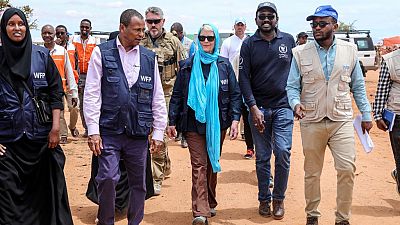


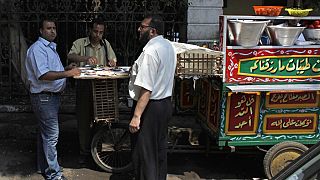

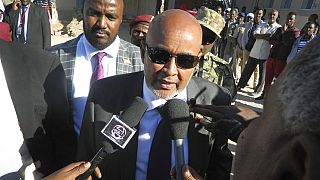

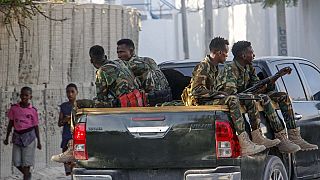

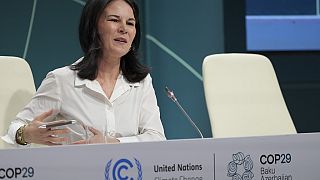
01:00
Somaliland counts votes after pivotal election
Go to video
Vladimir Putin affirms "full support" for Africa
Go to video
Chad: At least 17 soldiers killed in Boko Haram attack
Go to video
Kenyan man is convicted of plotting a 9/11-style attack on the US
Go to video
Burkina: Civilians needlessly exposed to danger, according to HRW
Go to video
At least 40 soldiers killed in attack on military base - Chad's president